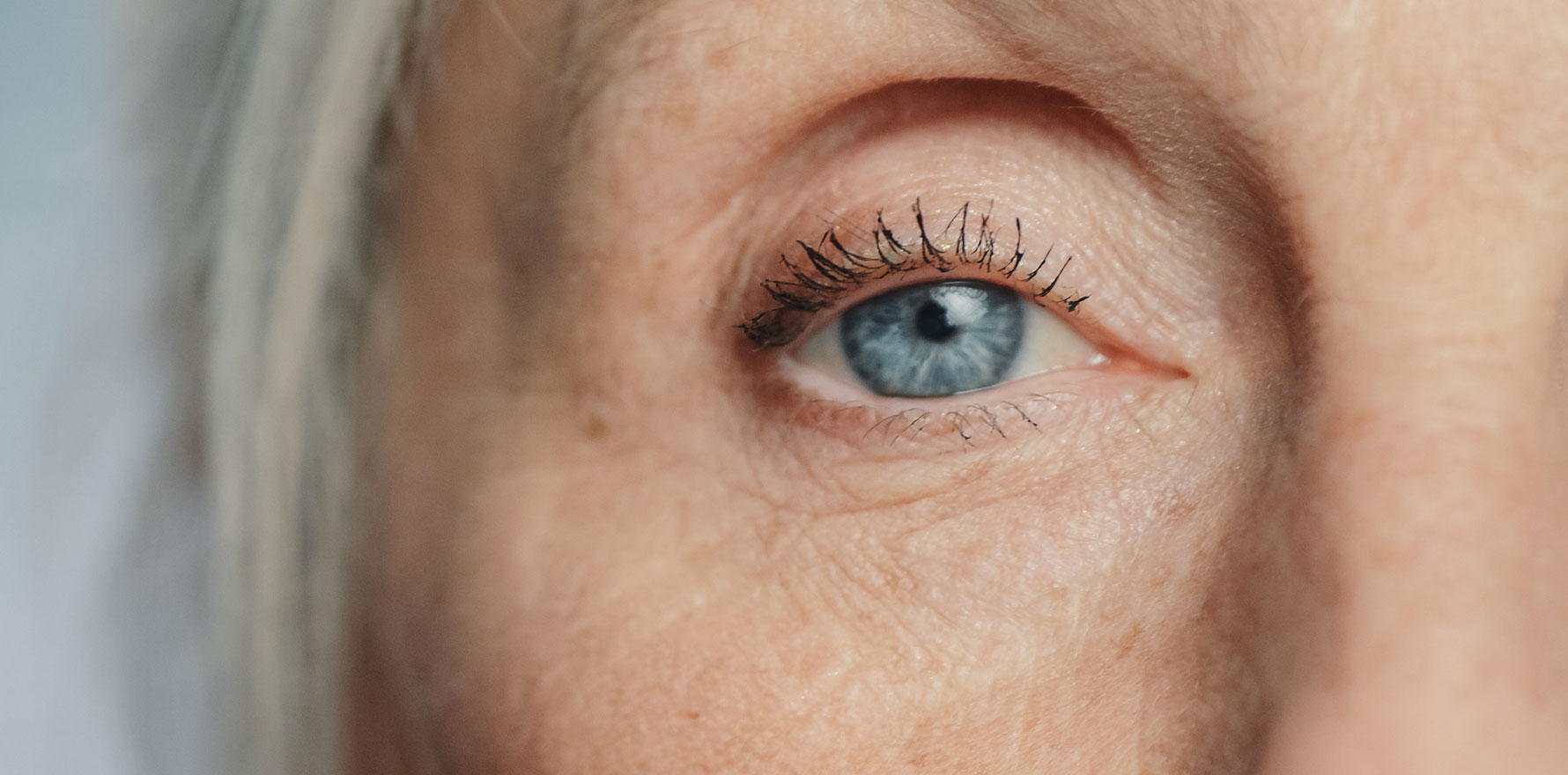A year of treatment can prevent further vision damage, researchers say.
Taking antiviral treatment for a year after developing shingles helps prevent vision loss from the virus and any recurrence of the disease, research suggests.
The eight-year Zoster Eye Disease Study included more than 500 adults who had had previously had shingles and who also had damage to the anterior eye segment, including the iris, cornea and lens. Ocular shingles, or ophthalmic zoster, affects around 10% of people with shingles.
Participants who took daily valacyclovir 1000mg tablets for a year had 26% lower risk of worsening eye disease at 18 months, and were 30% less likely to have herpes zoster ophthalmicus flare-ups at 12 and 18 months compared with those who took the placebo.
A seven to 10-day course of valacyclovir is the recommended treatment for herpes zoster.
Results of the double-masked, placebo-controlled, multicentre randomised clinical trial were presented at the Cornea and Eye Banking Forum and the American Academy of Ophthalmology’s annual meeting in Chicago last month, and have not yet been published.
Research co-chair Dr Bennie Jeng told The Medical Republic that patients who presented with herpes zoster ophthalmicus and corneal findings or iritis should be treated with valscyclovir 1g daily for one year.
“Low-dose valacyclovir at 1g once per day decreases the risk of recurrence of corneal events, as well as iritis. It also decreases the overall number of recurrences,” said Dr Jeng, chair of ophthalmology at the Perelman School of Medicine at the University of Pennsylvania and the director of the Scheie Eye Institute at Penn Medicine.
“Regarding post-heretic neuralgia, this treatment reduces the amount of neuropathic pain medication that is required for control, and in some patients, it decreases pain.
Dr Jeng said vision loss from shingles could range from mild to severe. In one study, more than 30% of eyes ended up with 20/60 vision or worse, and almost 10% had 20/200 vision or worse, defined as legal blindness, he said.
“Up until now, there has been no proven long-term treatment for new, worsening, or repeated episodes of this disease, so the results of this study provide convincing evidence for using long-term, low-dose antiviral treatment.
“We hope that our work creates a relatively simple path toward preventing vision changes that can be life-altering. With this drug already being part of the regular clinical treatment for shingles, we don’t envision significant barriers to making this a standard of treatment.”
Lead researcher and a professor of ophthalmology at New York University Dr Elisabeth Cohen said preventing ocular shingles was more effective than treatment.
“The incidences of this are going up in persons in their 50s, and just 12% of that population has received the highly effective zoster vaccine,” she said in a statement.
“It has been recommended since 2018 for all adults aged 50 and older, and, since 2022, for immunocompromised adults aged 19 and older.”


